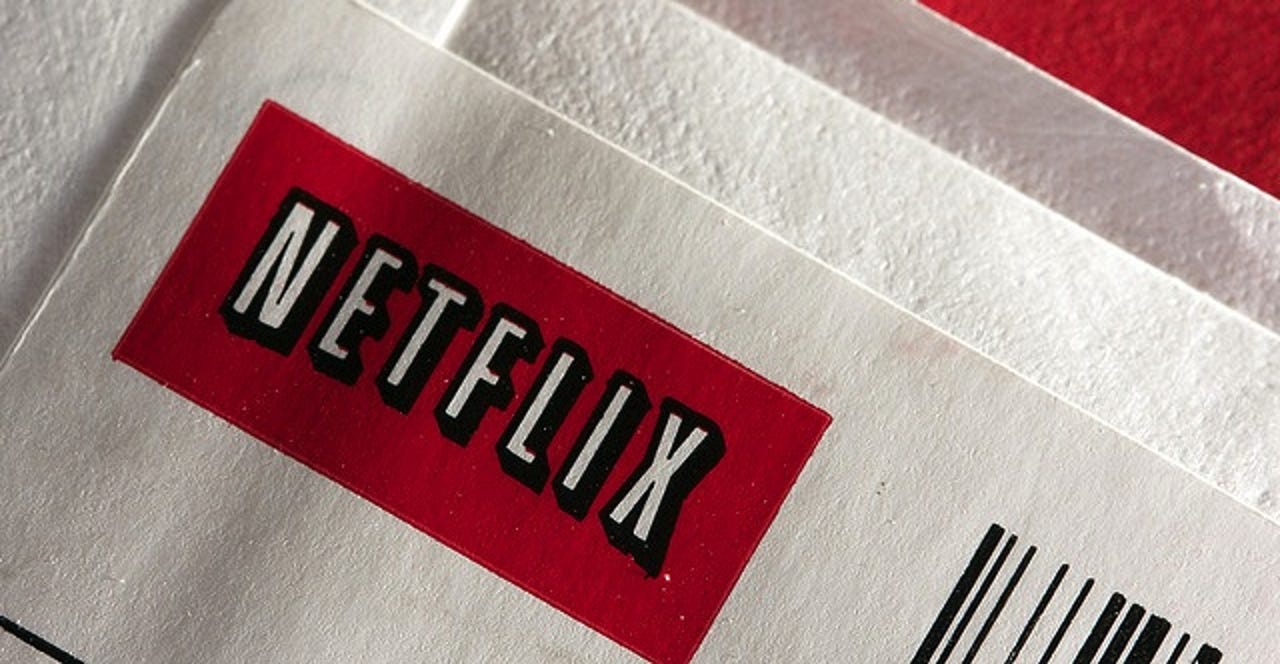Netflix takes profit bullet for UK, Ireland launch: Is it worth it?

In the latest edition of Netflix's troubles, the company is sacrificing profits in the next quarter to fund its way into the UK and Ireland's markets.
The UK and Ireland, with a collective population just shy of 70 million, could be the ideal testing ground for Netflix in a dash for the European market -- and even further afield.
But to head into the early next year, knowing that the company will report losses, is breaking the UK and Ireland's market worth it -- if they cannot guarantee the gain they could theoretically achieve?

Netflix's shares are still in free-fall after a difficult quarter, dropping by 35 percent in yesterday morning trading. Netflix has already said it will not branch out to further destinations outside the UK and Ireland until profitability returns; hedging a chunky bet on hitting a potential 70 million user base.
But the summer has not been kind to Netflix, which suffered mostly at the hands of itself and its gaffe-prone rebranding shuffle, which in turn helped lead to a mass exodus of its customers.
Netflix is still suffering after a share drop in yesterday afternoon's trading, after the company revealed that 800,000 subscribers had left the service, and warned that the upcoming UK and Ireland launch of the service would push the company into the red.
With screw-up and short-lived apology, only to be negated by another foul-up, does the media giant think it can recoup its losses in a brand new market: a clean slate?
Is the UK and Ireland really a viable source of global revenue for the company, and is it worth the stock plunge?
Interestingly, the UK and Ireland's markets could be Netflix's 'litmus test' for wider Europe and even further, to global streaming domination.
It makes sense, but not while the markets continue to stagnate. Moody's "lack of visibility" outlook jibe cannot do much for Netflix's confidence, though did point out Netflix's potential for growth was still possible just at a "much slower pace".
Streaming is what Netflix holds key. Ditching the status quo for a new and frankly half-effort in a bid to compete with other online content providers -- namely iTunes and other on-demand services, the company has suffered at the hands of itself in only a few months.
But the UK already has a devout million-plus subscriber list of now Amazon-owned LoveFilm users, leading to a seeming saturation point for content availability. From the free BBC iPlayer and Channel 4's 4oD service, through to the big-dogs, like British Sky Broadcasting (BSkyB) and Apple's iTunes Store, LoveFilm has battled through the thick and thin in order to make a name for itself. LoveFilm faced a difficult market when it first launched, and its rocket to success proved many of the sceptics wrong.
Netflix will offer a vast amount for the little subscriber fee, but the benefits need to outweigh the apparent negatives. For one, the very vast majority of UK users would never have heard of Netflix. To add yet more fray to the mix, to shift service entirely away from the pirate waves or the iTunes cultural norms will prove tricky at best.
Netflix's future in the UK looks bleak at best, unless it can prove itself to be a viable contender in the online streaming service market space.
Existing brands have already had a head start. Frankly, the British and the Irish have no motivation to switch to a different service, only for Netflix to fill a gap in the market that is already covered, mostly as a result of Netflix's failed move to the country nearly eight years ago.
Though the U.S. has branded Netflix a shambles in recent months, with its reputation teetering on the edge, at least for the British and Irish market there isn't one to repair as of yet. But for a service that barely a soul has heard of over here, it may have already placed its foot in the door too late.
Related:
- Netflix to launch in UK, Ireland in 2012
- Netflix's big collapse: Do you believe in streaming, international expansion?
- Netflix's latest show: When creative destruction attacks
- Netflix’s Qwikster retreat makes sense, but looks skittish
- Amazon eyes Netflix for e-books: A move to get more Prime subscribers
- Netflix under pressure to land streaming content deals
- Netflix split to set up Amazon streaming merger?